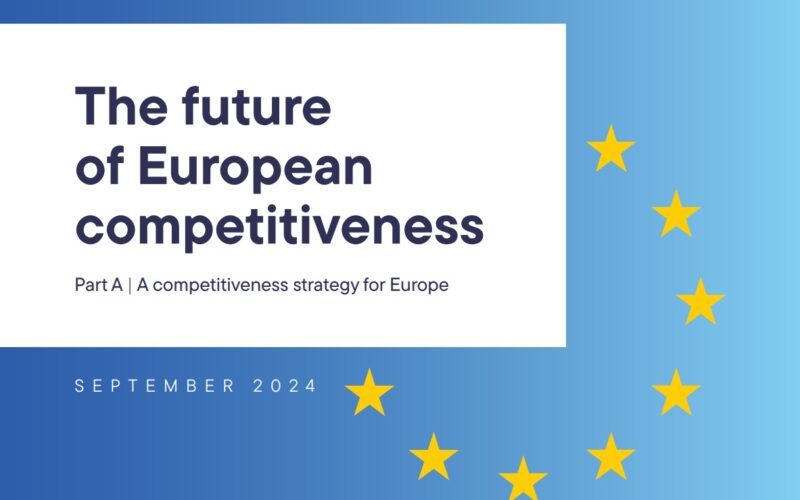Mario Draghi has expressed criticism of the EU’s corporate sustainability initiatives in his widely anticipated roadmap for Europe’s economic future. The former Italian Prime Minister and European Central Bank President released nearly 400 pages of recommendations on “the future of European competitiveness,” where several sustainability-related regulations were scrutinised.
The report stated that the EU’s sustainability reporting and due diligence framework imposes a significant regulatory burden, exacerbated by insufficient guidance on implementing complex rules and understanding how different regulations interact. It highlighted that adhering to directives like the Corporate Sustainability Reporting Directive (CSRD) and the EU Taxonomy Regulation could cost businesses between €150,000 and €1 million each.
Draghi pointed to “unclear definitions and requirements,” along with inconsistent timelines and methodologies across key frameworks such as the EU taxonomy, the Emissions Trading System, and corporate reporting obligations. He also raised concerns about potential increases in compliance costs, particularly with the sector-specific reporting standards that the CSRD will require.
The European Commission has delayed releasing these guidelines to allow companies more time to adapt to the current rules, though some lobbying groups are advocating for scrapping them entirely. The report also underscored the disproportionate regulatory burden on smaller companies, either directly subject to these regulations or indirectly required to comply through their larger clients.
Due to the value chain’s effects, the sustainability reporting framework does not sufficiently distinguish between SMEs and larger firms, with compliance costs accounting for as much as 12.5% of mid-cap companies’ investment volumes. Draghi’s findings are expected to influence EU policymaking at the highest levels, having been commissioned by Ursula von der Leyen, the European Commission President, during her first term.
As von der Leyen begins her second term, Draghi advised her to fulfill her commitment to reducing reporting obligations by 25%, potentially halving them for SMEs, and to avoid introducing new regulations that could harm competitiveness. His report emphasised that the Commission should delay initiatives deemed particularly challenging for innovation or disproportionately burdensome for SMEs.
“On this basis, the Commission should choose to postpone initiatives which are particularly problematic from an innovation standpoint or with a disproportionate impact on SMEs,” his report said.






















